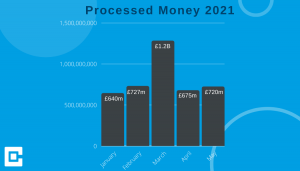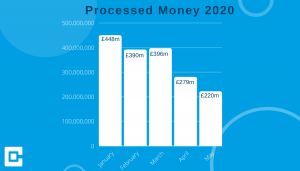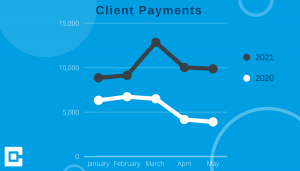The New Working Normal
This month we opened our offices up to staff, but with no compulsion that they return. Essentially our policy is “work where you want to”. Even with reduced capacity due to social distancing, we have only seen around 20% occupancy, with most staff choosing to stay at home.
It’s too soon to tell but I suspect that, while we may see a slight uplift in this number, we will never go back to full occupancy.
As a business, we are reasonably relaxed about that. One of our office leases expired last August, and we didn’t renew it. We are not “over officed”. But that’s just us.
But what’s the wider impact of this “new working normal”? Well, over the last year or so I’ve written a few posts about how this will impact commercial property, and I just can’t get past how fundamental the change might be.
Short term, it seems “OK” – our clients are reporting that commercial property work remains “buoyant”. Rents are being paid, and investments are made. But I wonder if that hides longer term issues.
Businesses are paying rent because many tenants are in long term leases that they can’t break. Government aid has been generous. A moratorium on evictions has been extended, and a lot of the investment is in upgrading old offices to make them more attractive… to encourage staff back. Nobody knows yet if that will be successful.
What is the longer-term outlook?
In May this year only one third of Europe’s offices had occupancy rates over 10%! The ratings agency Moddy’s reckon that in the US, one fifth of the country’s offices will be empty by 2022. The IMF links that directly to valuations, with a 5% drop in occupancy resulting in a 15% drop in valuation. They are projecting rent to fall by 7.5% in the US this year.
That doesn’t sound like a great investment to me.
I wonder if the problem is that the effects of the “new working normal” are being hidden? Property lease are long term, government support has been generous, and debt is cheap and widely available.
So, while we’re not seeing the effects of the “new working normal” yet, is it just a matter of time?
Looking further ahead, the value of investment trusts that invest in office space are apparently still 13% below their level in 2020. Are we beginning to see the end of Commercial Property as an investment class?
But what do I know, I was a litigation lawyer! Any commercial property lawyers care to chip in?







 Lawshare, the referrals and support network, run by Full Service, Top 100 Law Firm JMW, has recently turned ten! Having worked with The Cashroom for a number of years, as one of their preferred partners, we thought we’d catch up with one of the Lawshare team, namely – Partner, Peter Finkill-Coombs.
Lawshare, the referrals and support network, run by Full Service, Top 100 Law Firm JMW, has recently turned ten! Having worked with The Cashroom for a number of years, as one of their preferred partners, we thought we’d catch up with one of the Lawshare team, namely – Partner, Peter Finkill-Coombs.